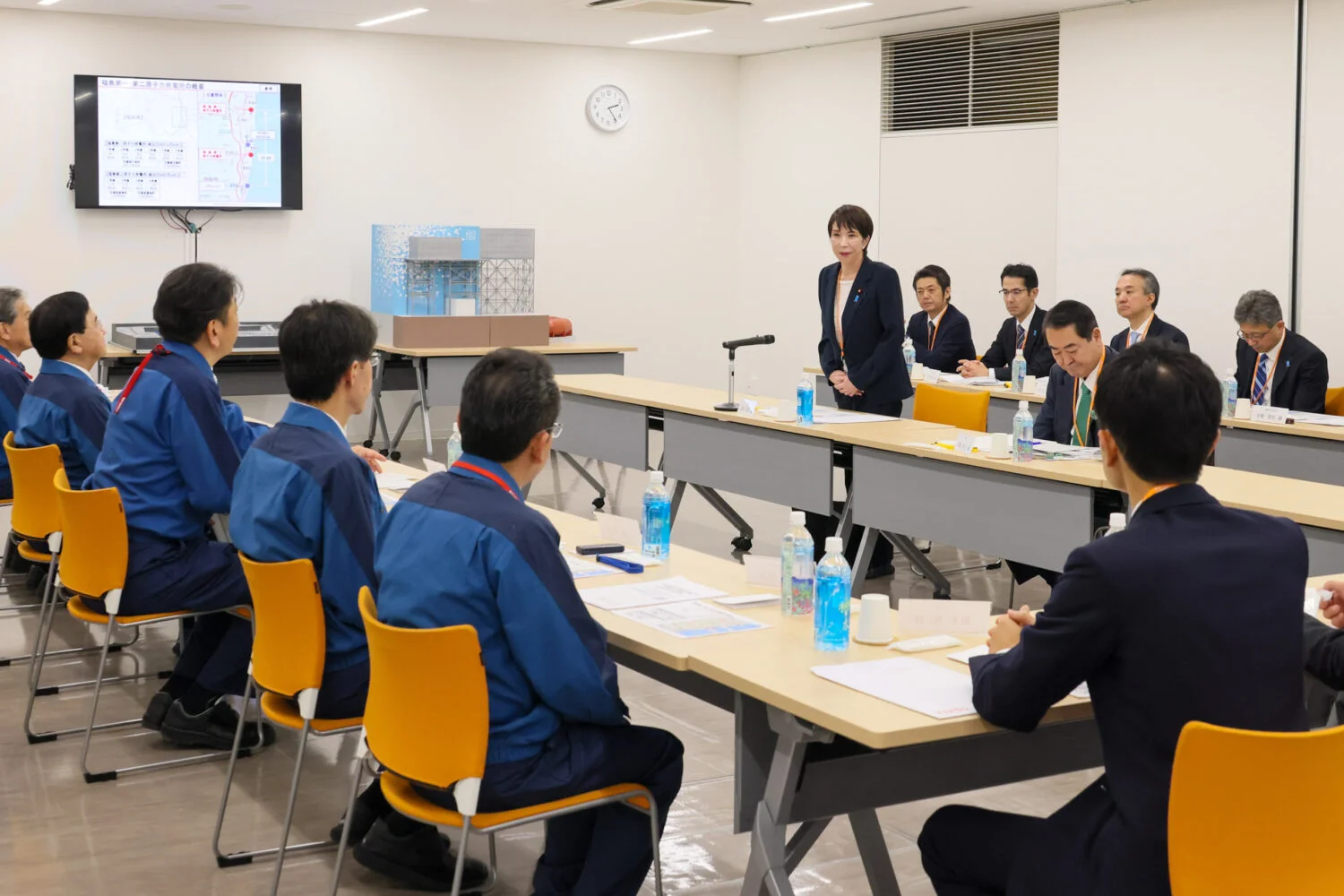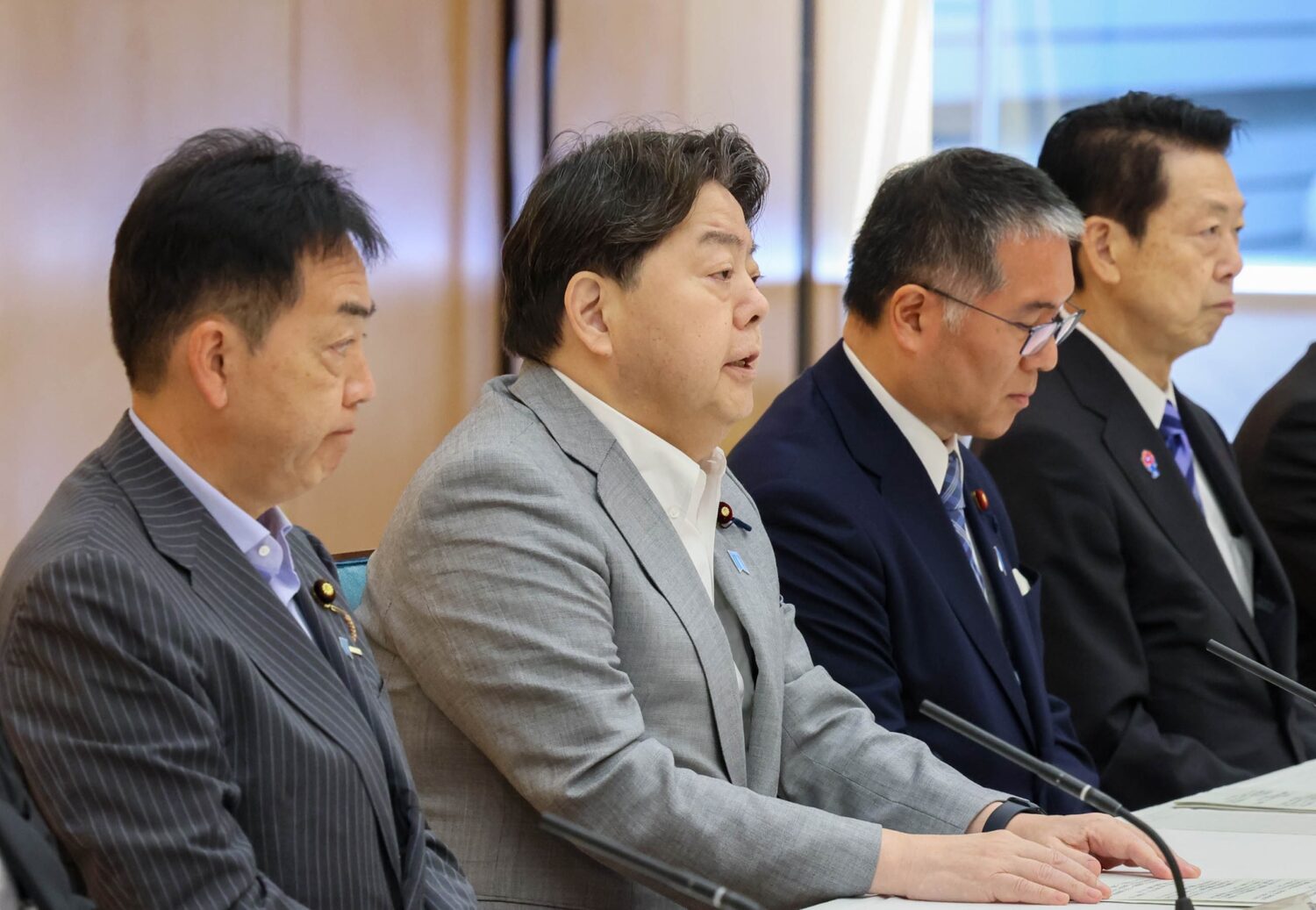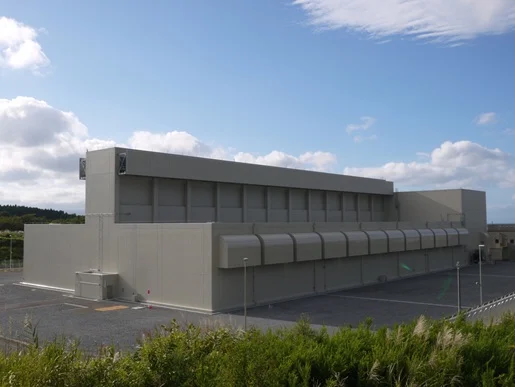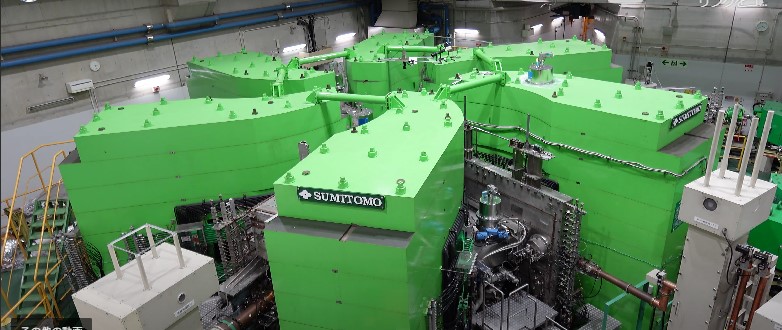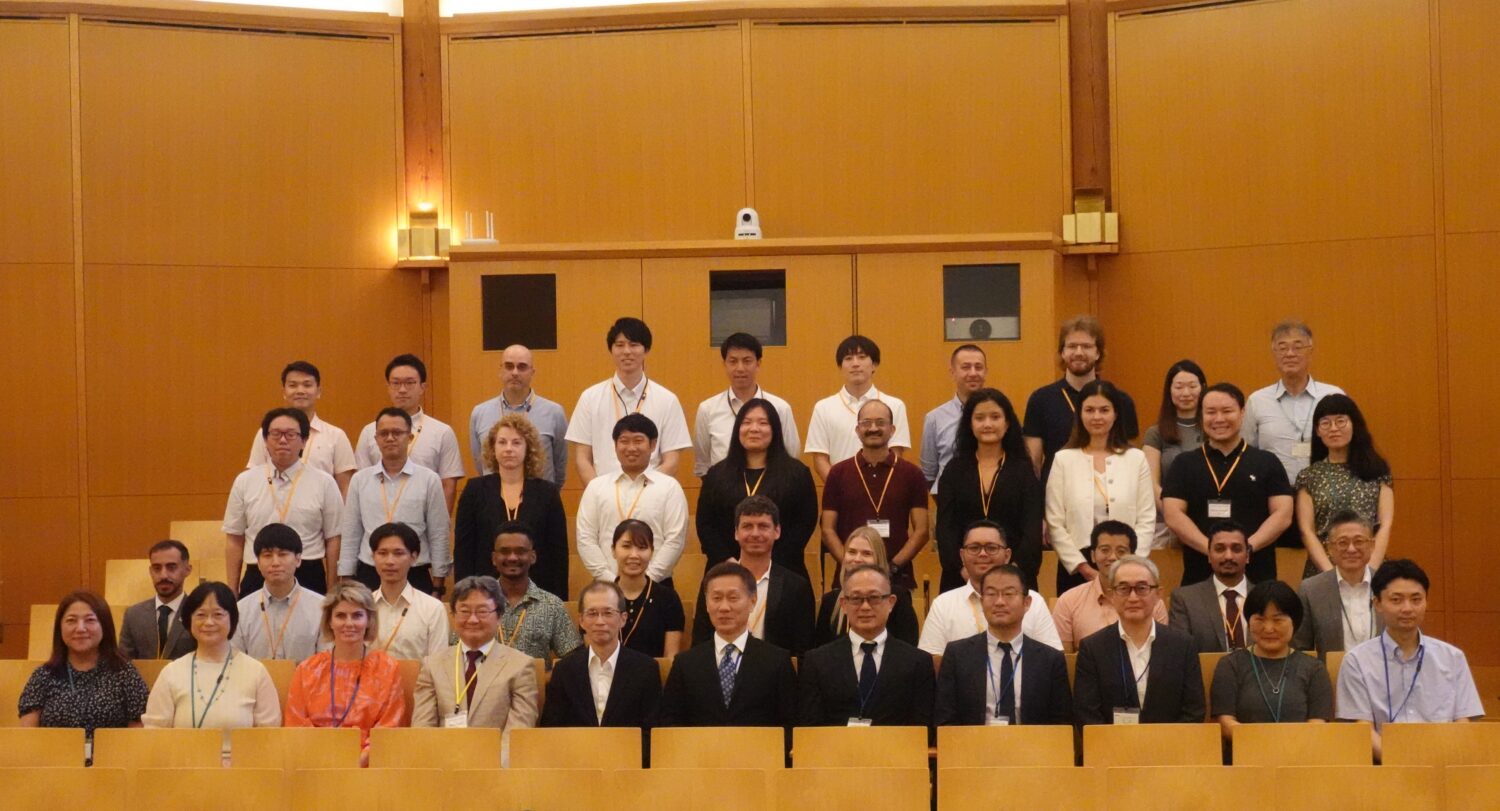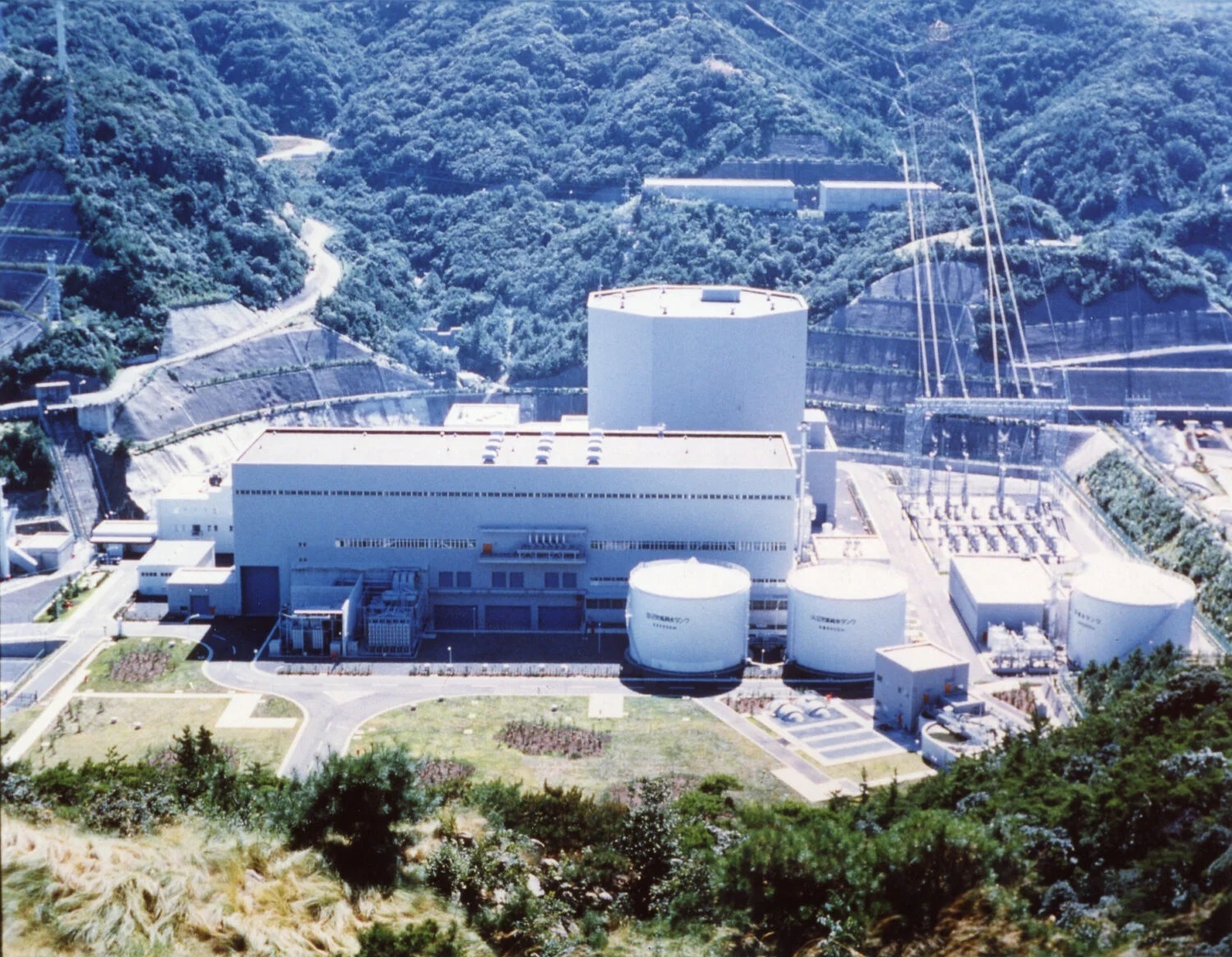The announcement was made at an EU-Japan Summit meeting held on the same day in Brussels by Japan’s Prime Minister KISHIDA Fumio, President Charles Michel of the European Council, and President Ursula von der Leyen of the European Commission (EC). Through summit-level meetings, Japan had repeatedly asked the EU for an early lifting of the restrictions.
In the wake of the 2011 accident, import restrictions on Japanese foods were put in place in 55 countries and regions. With the EU’s action, the number now stands at 11.
At a press conference on July 14, Japan’s Chief Cabinet Secretary MATSUNO Hirokazu said, “It is regrettable that import restrictions continue in some places.” He also expressed his concern that some of those restrictions may be strengthened “due to the planned offshore release of the ALPS-treated water.”
ALPS refers to the Advanced Liquid Processing System, which purifies water of radioactive substances, other than tritium, to levels below regulatory standards, and further diluting it with seawater to a level of 1,500 Bq/l, one-fortieth the regulatory limit of 60,000 Bq/l, before releasing it into the sea.
At the same press conference, the chief cabinet secretary reiterated that the national government would continue to provide thorough explanations based on scientific evidence as to the safety of Japanese foods.
Upon receiving the announcement that the EU had lifted its import restrictions, Governor UCHIBORI Masao of Fukushima Prefecture—who has used his position to lead a campaign promoting sales of foods and tourism in the prefecture—released a comment welcoming the decision, saying, “The lifting of import restrictions applies to all 27 EU member countries and the positive ramifications will be great.”
The governor added that he would continue to do everything possible to eliminate the remaining import restrictions.


